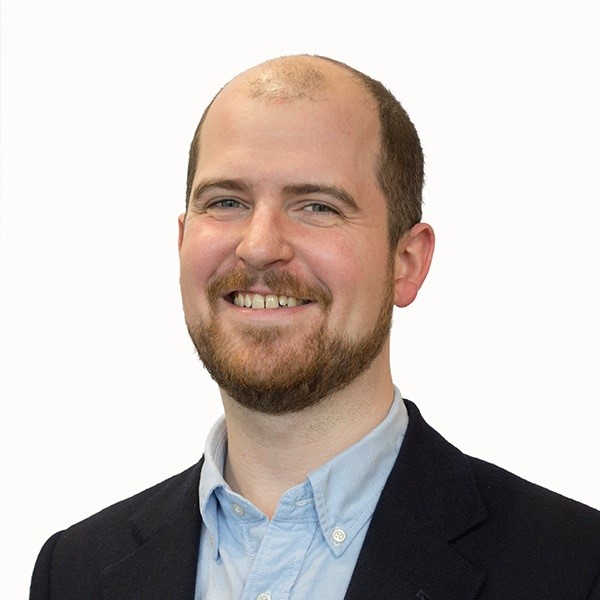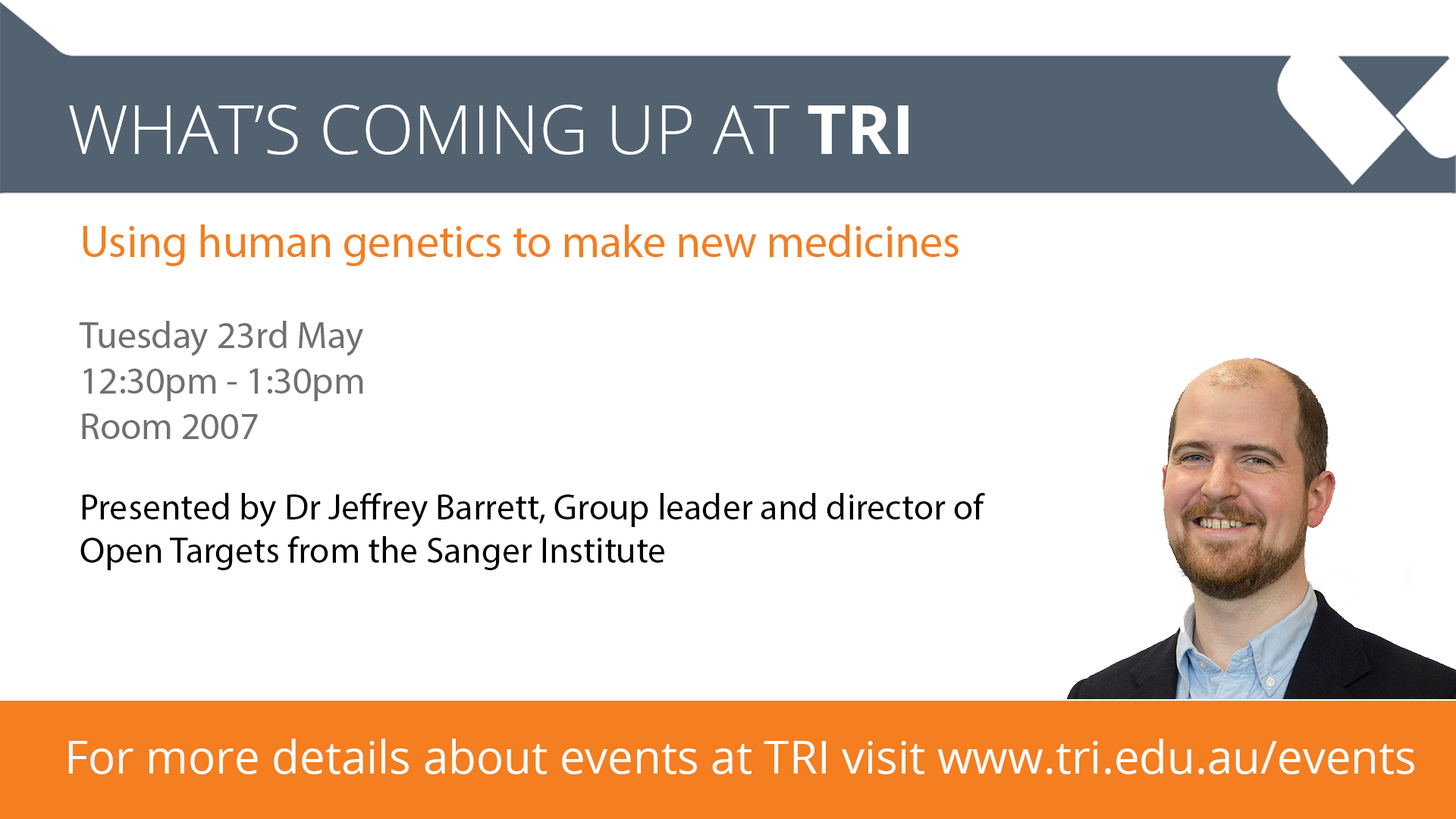Using human genetics to make new medicines
This featured seminar is presented by Dr Jeffrey Barrett, Group leader and director of Open Targets from the Sanger Institute.
 |
Nearly 85% of candidate drugs that enter clinical trials fail, often because poor efficacy is discovered only after progression to expensive late phase trials. Fewer new medicines are coming to market, and those that do are more expensive because their success must pay for themselves as well as the development costs of the failures. It is therefore essential to find analyses and experiments that can test whether modulating a particular target will achieve therapeutic benefit in a particular disease. The field of complex disease genetics has been transformed in the last ten years by genome-wide association studies, low cost genome sequencing and rapid advances in our understanding of cellular phenotypes. I will describe how human genetics and large-scale genomics can change how we approach the identification and prioritisation of new targets, and how open innovation partnerships involving pharma industry scientists working closely with academics can best bring these cutting edge datasets to bear on the problem. For example, http://targetvalidation.org, which is open to users worldwide, in industry or academia, integrates a dozen databases for prioritising targets in a single analysis framework enabled by new statistical techniques and disease ontologies. Jeffrey Barrett is a Group Leader at the Wellcome Trust Sanger Institute, and Director of Open Targets, a public-private initiative to transform drug discovery by enabling the systematic identification and prioritisation of targets. Jeff is a statistical geneticist who has led several of the largest genome-wide association studies of complex disease. He first became interested in human genetics in Mark Daly’s lab at the Whitehead Institute before moving to Lon Cardon’s group in Oxford, where he received a D. Phil in statistical genetics. Jeff was an analyst in the Wellcome Trust Case Control Consortium, and led early GWAS meta-analyses in inflammatory bowel disease and type 1 diabetes while a postdoc with David Clayton in Cambridge. Since joining the Sanger Institute as a group leader in 2008, he has used next-generation sequencing in thousands of individuals to find variation associated with both rare and common human diseases. |








